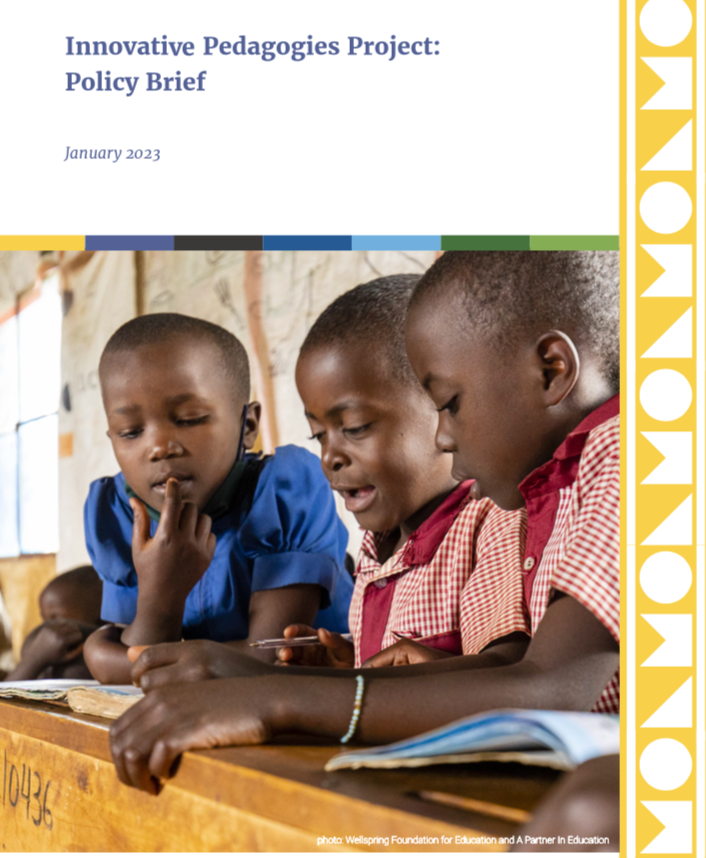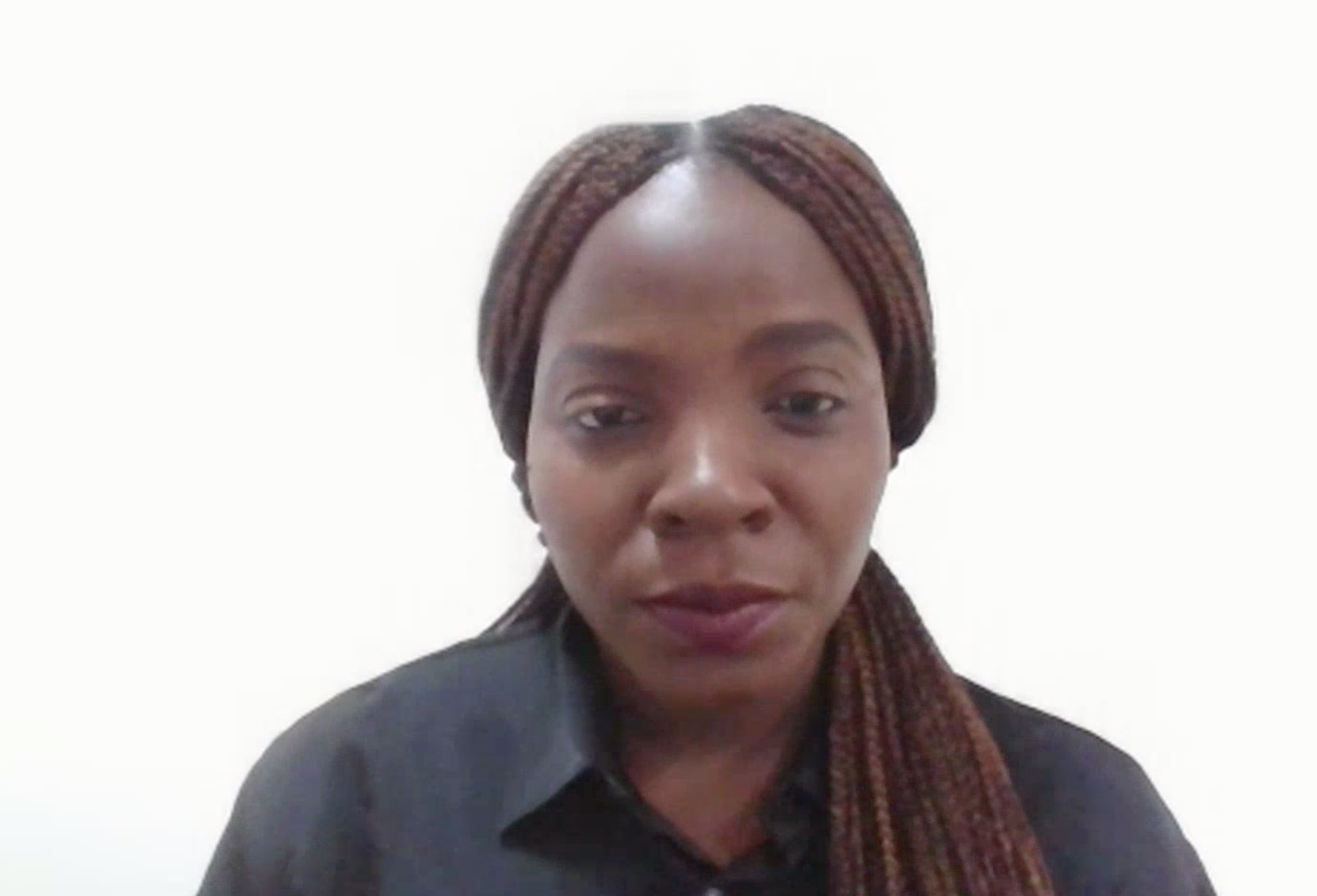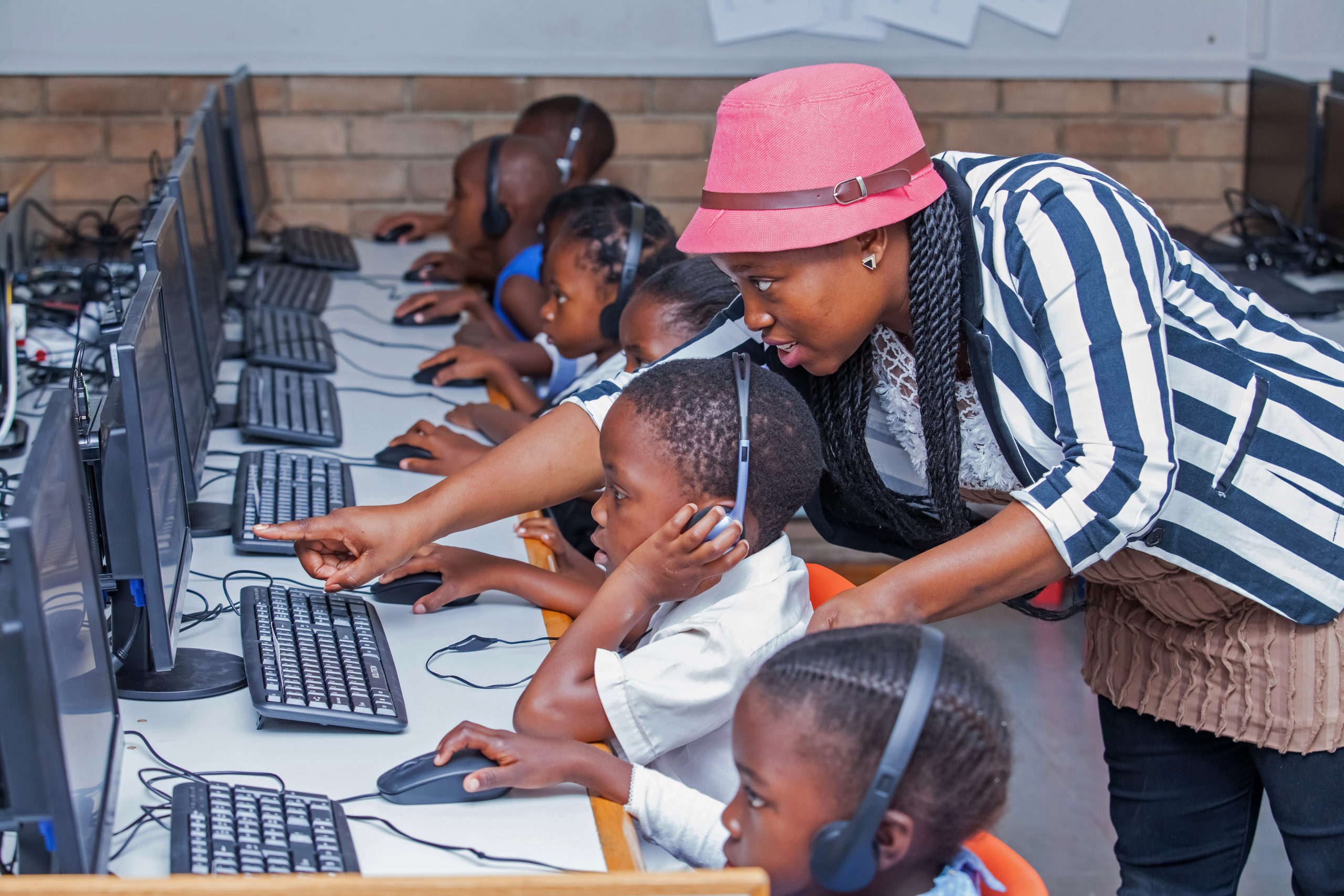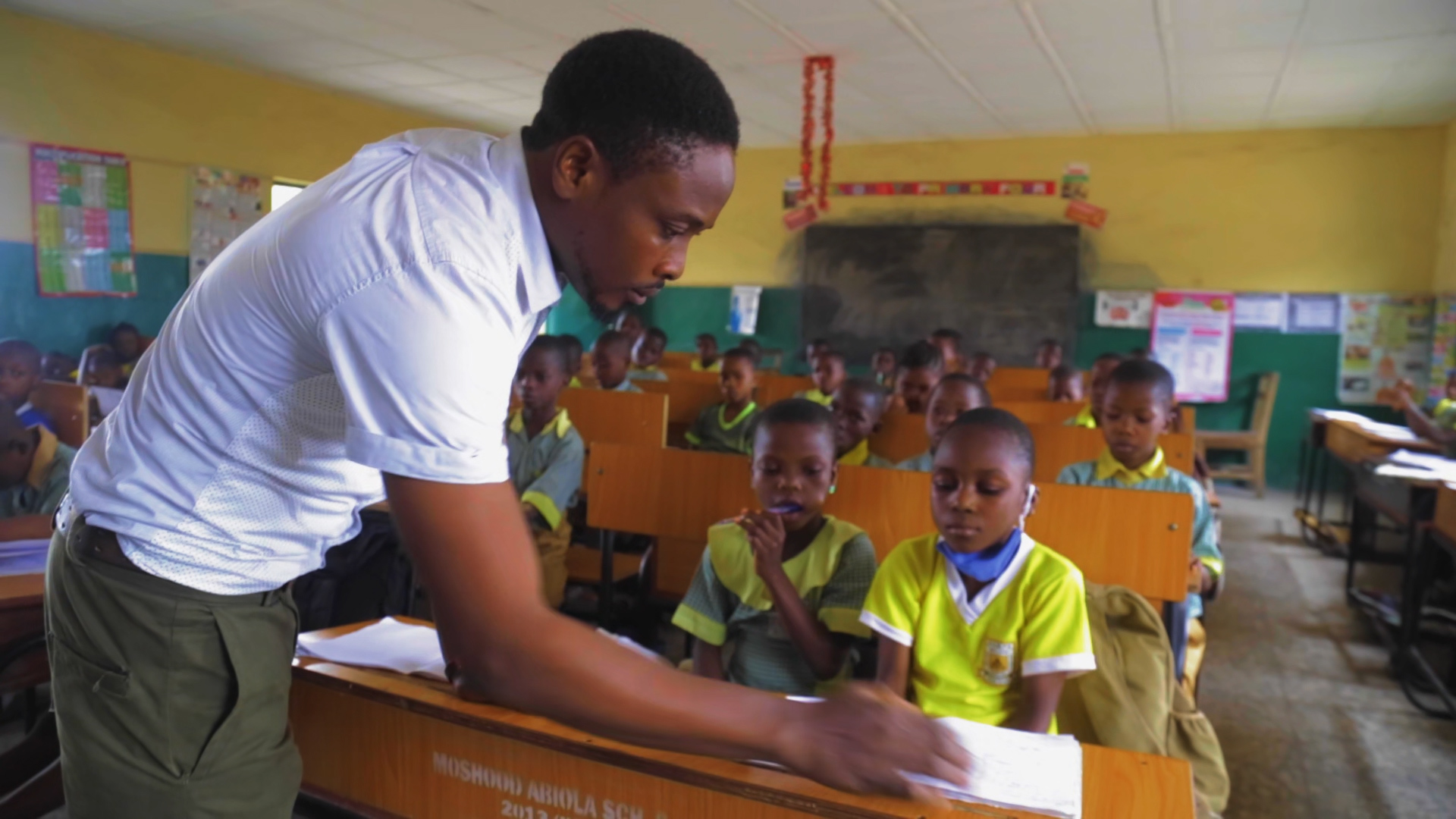At the halfway point towards the 2030 Agenda for Sustainable Development, it is highly unlikely that we will be able to achieve SDG 4: ensuring inclusive and equitable quality education for all.
For example, in sub-Saharan Africa alone, 61 million children between the ages of 6 and 11 don’t go to school. Moreover, many of those who reach school do not finish. In fact, only one in three children complete primary school, 41 percent complete lower secondary school and 23 percent complete upper secondary school (UNICEF & African Union, 2021).
The results for those children who do go to school are not encouraging either: nearly 87 percent of children are unable to read and understand simple text by the age of 10. On average, the proportion of children reaching the minimum proficiency level by the end of primary school is only 35% in reading and 22% in mathematics (UNICEF & African Union, 2021).
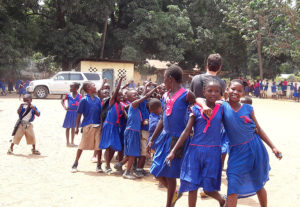
What is happening? Why don’t children learn what they need to? How can we reverse this situation? To find out, the Education Commission in collaboration with governments and local partners in Ghana, Kenya and Rwanda, together with the Lego Foundation have launched the Innovative Pedagogies Project. This project aims to highlight the great importance of inclusive, participatory, adaptive and playful pedagogies in education, and to create awareness and political will around the adoption of these pedagogies.
“Many children do not learn because the teaching they receive is not attractive or does not meet their needs”, the Education Commission explains. This is especially true in the case of students with disabilities, girls, those belonging to ethnic or religious minorities or those who are otherwise marginalised. It is therefore essential to develop and implement inclusive, participatory pedagogies that are adapted to the specific needs of all students.
In this article we will explain what these pedagogies are and how they are being implemented in some sub-Saharan African countries.
Many children do not learn because the teaching they receive is not attractive or does not meet their needs.
What is innovative pedagogy?
The project defines these pedagogies as inclusive, participatory, adaptive and playful pedagogies that meet the needs of all learners without exception. They take place in the classroom and are supported by the school and the whole system, which provides the appropriate policies and structures, as well as the necessary leadership to carry them out. These are its components:
- Inclusive pedagogy. It promotes education that is responsive to the needs of all learners: girls, boys, children with disabilities, cognitive diversity, ethnoreligious diversity, socio-economic diversity and those at risk of being expelled from school.
- Participatory pedagogy. It uses innovative pedagogical practices to make learning an enjoyable experience and motivates students to become involved in their learning process. This includes, for example, learning through play, which has been associated with improved intellectual, social, emotional and physical development in children.
- Adaptive pedagogy. It refers to classroom instructional approaches aligned to the specific developmental needs of learners; teaching in a way that prioritises and adapts to the unique learning needs of diverse learners.
To function properly, they must be implemented at three levels:
- At the system level. National officers, operational officers and teacher trainers provide the enabling structure.
- At the centre and community level. School leaders lead on a day-to-day basis.
- At the classroom level. Teachers provide direct support.
The Innovative Pedagogies Project aims to highlight the great importance of inclusive, participatory, adaptive and playful pedagogies in education, and to raise awareness and political will around their adoption.
The project
The aim of the project was to assess the extent to which inclusive, participatory and adaptive pedagogies have been adopted at system, school and classroom level in the three participating countries; to identify gaps that hinder their adoption and best practices to inform their adoption in other contexts; and to bring together key system actors to develop relevant action plans.
In order to achieve these objectives, the project included three key components at the national level:
- Desk study and rapid field research. In this phase, country teams reviewed national education sector strategy documents and conducted school observations, key informant interviews and classroom observations in primary school classrooms.
- Two national political dialogues. Two policy dialogues were convened with key stakeholders in the education sector. In the first, participants completed a diagnostic rubric to assess the extent to which IEA pedagogies and their enabling factors were found within primary education systems. The second dialogue was convened to triangulate the rapid research findings and responses to the rubric, as well as to facilitate the development of a national action plan to make education more inclusive, attractive and adaptable.
- A final dialogue between countries. This dialogue provided an opportunity to learn from the governments of the different countries and to maintain the momentum for action.
Lessons learnt
What conclusions can be drawn from the different phases and components of this project?
Very present in national policies. In all three project countries, national laws, policies and plans are mostly aligned with and supportive of innovative pedagogies. In general, laws and policies place particular emphasis on the usefulness of principles and concepts related to these pedagogies, such as the right to quality education for all, inclusion, active and engaging teaching and learning practices, social-emotional learning, and life skills such as critical thinking and problem-solving. On average, 90% of stakeholders in the three countries indicated that their policies affirm the need for inclusive, participatory and adaptive pedagogies.
Less present in daily classroom practice. Despite a favourable political context, innovative pedagogical approaches are not yet comprehensively implemented in schools and classrooms. On average, only 38% of the classrooms observed showed evidence of applying all elements of IEA pedagogies.
The teachers were very interested. Teachers seem to be the strongest supporters of participatory and motivational pedagogical approaches, although the frequency of their use varies from country to country. Almost all teachers observed in Ghana (94%) used pedagogies that motivate and engage learners, compared to 43% of teachers in Kenya and 63% in Rwanda.
Unequal adaptation to pupils’ needs. Teachers make incipient but uneven efforts to adapt to the needs of different learners. For example, almost all teachers in Ghana (81%), Kenya and Rwanda (70%) reported using a variety of ways to assess pupils before and after class, but few used this information to differentiate teaching or focus on pupils who appeared to be struggling with additional support.
Pupils with little choice. Learners often do not have a choice in how they approach the content of lessons. In all countries in the study, they were rarely given the option to express themselves or to choose what to read, how to work (whether individually or in pairs) and what to work on. In Rwanda only 9% of teachers allowed students to choose how to answer a problem. In Ghana only 19% allowed their students to choose whether to work in pairs or individually and 15% to choose which problem they wanted to work on. In Kenya only 33% gave them choices about what to read, whether to work in pairs or individually or how to respond to the problem.
There is a lack of skills and resources. Teachers and school leaders are eager to implement national policies on innovative pedagogies, but do not always have the skills or resources to do so. In all countries, stakeholders insisted on the need for more training – both pre- and in-service – associated with these pedagogies, as well as resources in the classroom to provide inclusive and individualised support.
What next? A national plan to boost action
Now, based on the project’s findings and building on the momentum of national and international policy dialogues, each country has formulated an action plan in consultation with multiple stakeholders, including ministry officials, local government officials and teachers. Although each plan is based on the national context and specific gaps identified during the project, the actions are aligned with similar objectives at all three levels of the system: (1) at the national level: providing sufficient policy guidance backed by adequate training and resources (2) at the school and community level: providing the infrastructure and mechanisms necessary to support safe and adaptive learning environments for all learners and (3) at the classroom level: ensuring consistent use of pedagogies, resources and classroom management approaches that benefit all learners.
By now, the education community, public administrations and the rest of the entities involved in the sector are fully aware that innovation is the key element to accelerate the improvement in the quality of learning for girls and boys all over the world, especially when it is digitally mediated. This is especially true in vulnerable environments, where creativity and ingenuity must make up for the lack of resources to optimise every euro invested in education. For this reason, initiatives such as this one, which investigate the possibilities of a profound change in the pedagogical paradigm, in the ways of teaching and learning, both in order to meet the intrinsic motivations of students and the needs of today’s world, are essential. If, in addition, they add knowledge of the realities and specific problems of the countries where they are inserted with the creation of a powerful forum for communication and debate with all the actors involved in the system, so much the better.
From this Observatory, we will closely follow the advances in future analyses that delve into aspects linked to policies of autonomy and flexibility of schools and teachers, incentives for innovation or reinforcement of professional careers (for example, proven continuous training and improved conditions), which make innovation more than just a wish.
Si quieres conocer más detalles sobre el proyecto, puedes acceder aquí.
Referencia
Education Commission. 2023. Innovative Pedagogies Project. Policy Brief.



